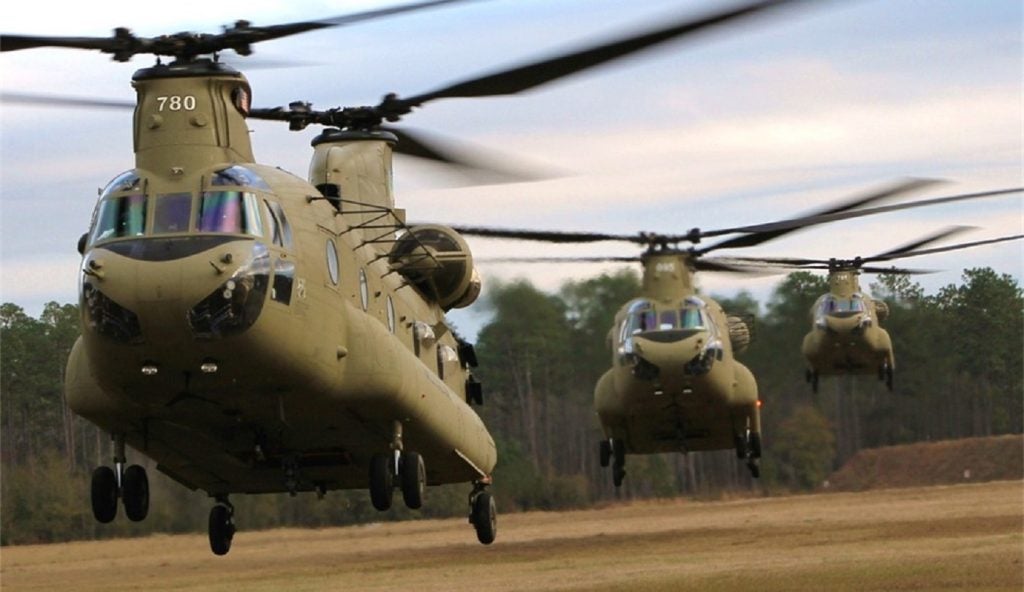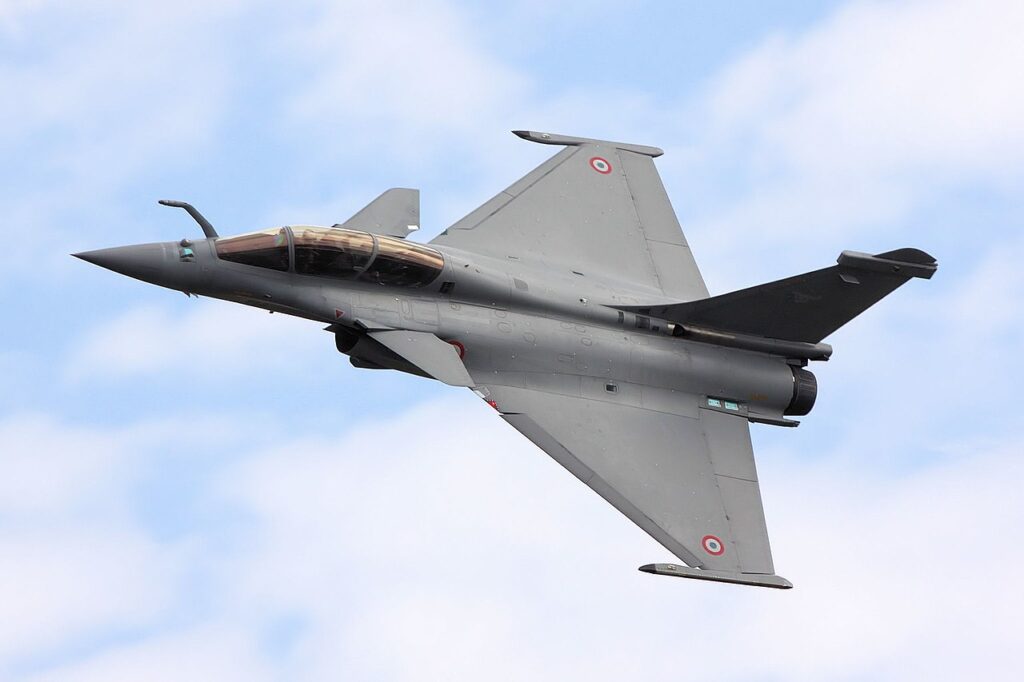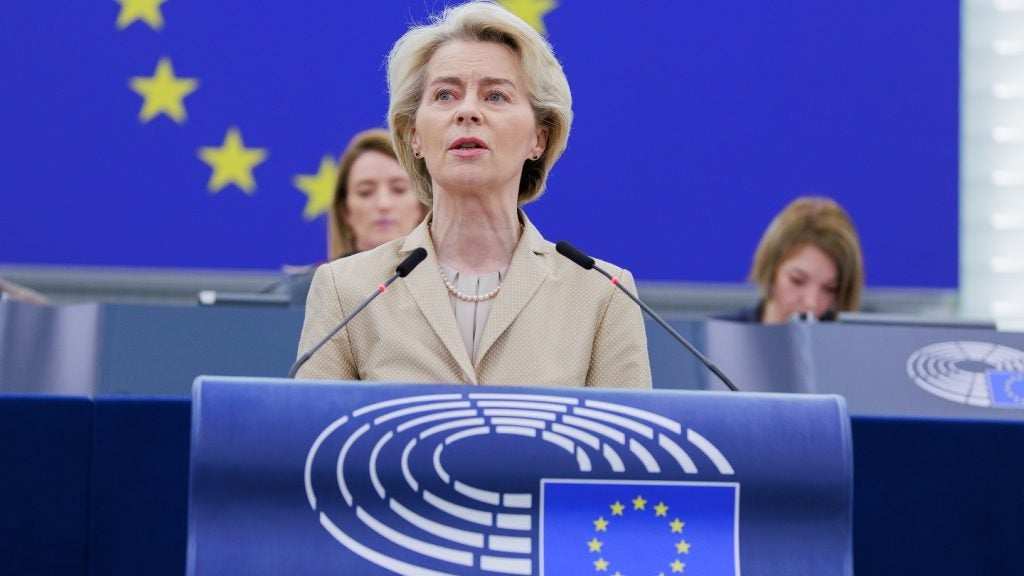Germany considered the possibility of forming a closer support ecosystem for Chinook users ahead of the Air Force’s acquisition of 60 CH-47F Block II transport helicopters.
The service acquired the heavy-lift fleet from the US under a €7.8bn ($8.5bn) Foreign Military Sales agreement in May 2023. Germany aims to transition from its current fleet of 72 CH-53 Super Stallion helicopters, which are now more than 50 years old according to the leading intelligence consultancy, GlobalData.
It can now be revealed that the timeline for delivery will take place between 2027 and 2032, in contrast to earlier expectations that the first unit would be delivered in 2026.
German challenges with the latest Chinook
There are 21 Chinook users globally, nine of which are members of the Nato military alliance, these include Greece, Italy, the Netherlands, Spain, Türkiye, the UK and the US, among many others.
The German Armed Forces have no operational history with the Chinook. However, they seek to adopt a highly configured variant, with various equipment from around the world. Notably, only three systems will be German-made: the AE kit, the Link 16 and the BOS radio.
This has led to concerns regarding the aircrew, and most importantly, maintenance training. For that reason, Germany has considered a vision for the future in which the Air Force would benefit from closer activity among Chinook users – something similar to the fixed-wing A400M transport aircraft programme, it was suggested.
A global Chinook ecosystem
Germany currently operates 40 A400M aircraft, alongside eight other nations, according to GlobalData intelligence.
Due to the watchful eye of the largely European-based Organisation for Joint Armament Co-operation (OCCAR), Belgium, France, Germany, Spain, Türkiye and the UK – six programme participating members, as well as Luxembourg and Malaysia – benefitted from the smooth acquisition of the tactical and strategic airlifter.
Other OCCAR successes include the programme procurement of the Boxer infantry fighting vehicle, within which the UK recently stipulated that it must face “temporary concessions” in acquiring spares and equipment from other Boxer users in the programme, such as Germany.
Like the UK with Boxer, the German Air Force would greatly benefit from such a system as it seeks to prepare for the acquisition of a fleet for which it has no experience.
The form of support may be the transfer of spares and equipment, like the UK’s Boxer circumstance, or perhaps, knowledge sharing, in which Germany would go on deployments with other Chinook users to learn the ropes.
However, given the Chinook is a platform manufactured by the US-based contractor, Boeing, such an ecosystem may not be as simply implemented, or even possible as it has been for Europe's OCCAR programmes.











